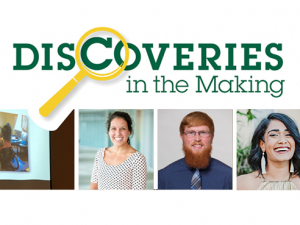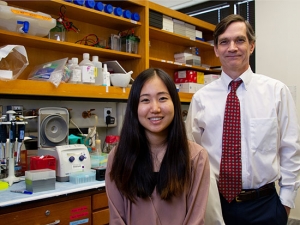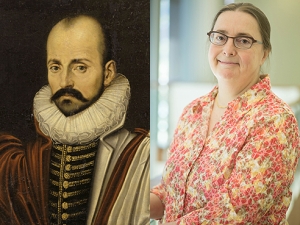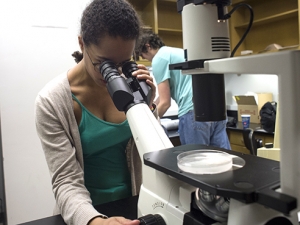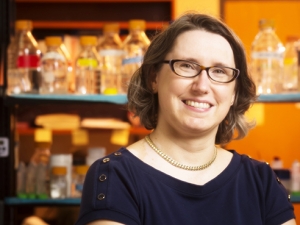 Bruce KorfUAB School of Medicine and HudsonAlpha Institute for Biotechnology have formalized a longstanding collaboration to accelerate discoveries in genomics and propel them into clinical practice.
Bruce KorfUAB School of Medicine and HudsonAlpha Institute for Biotechnology have formalized a longstanding collaboration to accelerate discoveries in genomics and propel them into clinical practice.
The new UAB-HudsonAlpha Center for Genomic Medicine will explore the complexities of human DNA to understand the genetic underpinnings for the onset and progression of diseases and use that knowledge to predict, diagnose and develop personalized therapies for them.
The partnership will leverage HudsonAlpha’s unique concentration of genomics expertise, technologies and infrastructure with UAB’s leadership in academic research and clinical medicine to translate genetic discoveries to patient care. The University of Alabama System Board of Trustees approved the center June 13, 2014; approval by the board of directors of HudsonAlpha is expected later this summer.
“This partnership offers great opportunities for our faculty to help lead the effort to incorporate genomics into routine medical care,” said Bruce Korf, M.D., chair of the Department of Genetics in the School of Medicine. “It provides an opportunity for us to be national leaders in medical genomics research and provide the most advanced care to our patients.”
Combining strengths
“Our alliance to provide personalized care for patients is very exciting,” said Richard M. Myers, Ph.D., president and science director of HudsonAlpha. “UAB is an outstanding institution that has provided world-class medical care to our state for decades.
“This collaboration exemplifies the power of partnership, connecting UAB’s long-standing expertise in clinical genetics and patient care with HudsonAlpha’s proficiency in genomic sequencing and analysis,” Myers said.
| Genomics has the potential to impact every person because changes in each individual’s unique DNA can influence whether that person is healthy, develops disease or will respond to various therapies. |
Korf and Myers will co-direct the UAB-HudsonAlpha Center for Genomic Medicine, with the administrative function managed by UAB’s Department of Genetics. A cross-section of scientists and physicians from UAB and HudsonAlpha will be working on both campuses.
“HudsonAlpha is one of a handful of nationally recognized genomic research centers,” Korf said. “Very few academic medical centers have direct access to the technology and expertise that HudsonAlpha provides. HudsonAlpha has tremendous depth in genomics and bioinformatics, and UAB has depth in genetic medicine. Together we can accomplish more than either one of us could accomplish separately.”
The center, Korf and Myers say, has three aims initially:
- Build research teams in areas such as cancer, diabetes, cardiology, neurology and rheumatology to integrate genomic information into medical care for these areas;
- Pursue wide-scale genetic sequencing to discover genes responsible for a number of medical disorders; and
- Educate researchers and physicians so they can incorporate genomic information in research or patient care and open training opportunities for graduate students and medical trainees.
| The future of medicine lies in incorporating genomic analysis and technology into the health-care system where patients are diagnosed and treated. |
Korf expects it to yield numerous rewards, including the ability to recruit more world-class scientists and physicians to the region and a competitive edge in securing grants and contracts. “This means more contracts, more grants and more activity that will translate into new jobs and new discoveries,” Korf said.
Selwyn M. Vickers, M.D., senior vice president for Medicine and dean of the UAB School of Medicine, said, “The UAB-HudsonAlpha Center for Genomic Medicine is both a significant biotechnology enterprise that elevates Alabama as a place for cutting-edge research and a catalyst for personalized medicine for patients in Alabama and across the Southeast.”
“Genomics has the potential to impact every person because changes in each individual’s unique DNA can influence whether that person is healthy, develops disease or will respond to various therapies,” Myers said. “The future of medicine lies in incorporating genomic analysis and technology into the health-care system where patients are diagnosed and treated.”
















